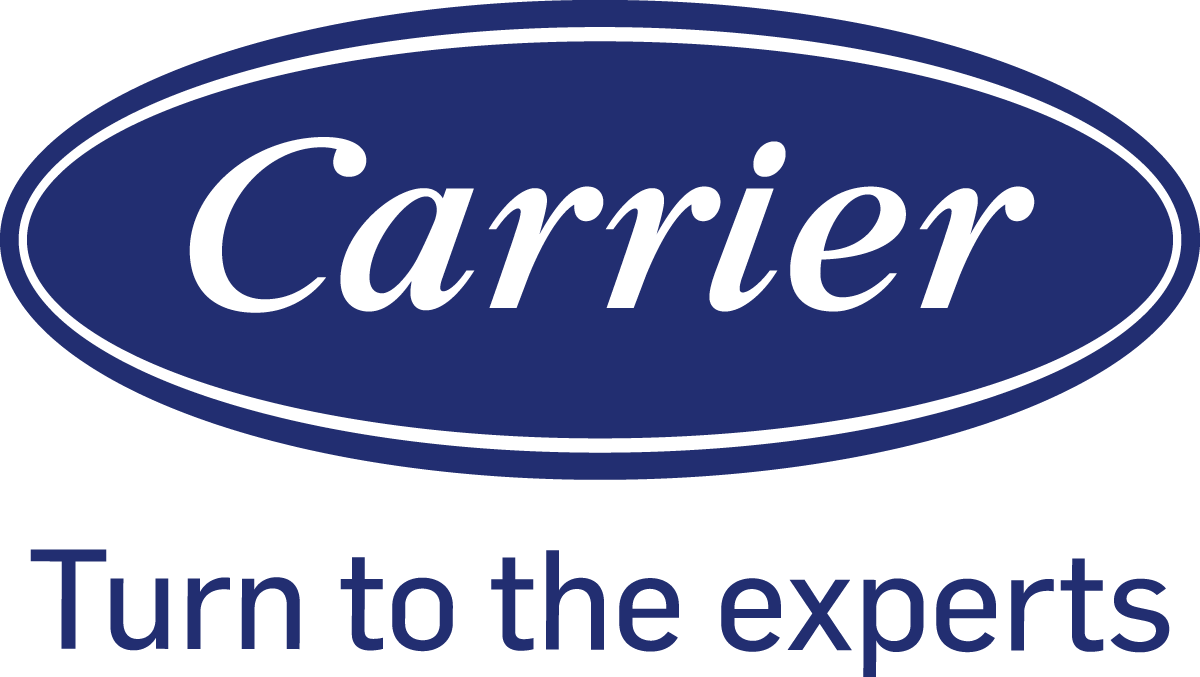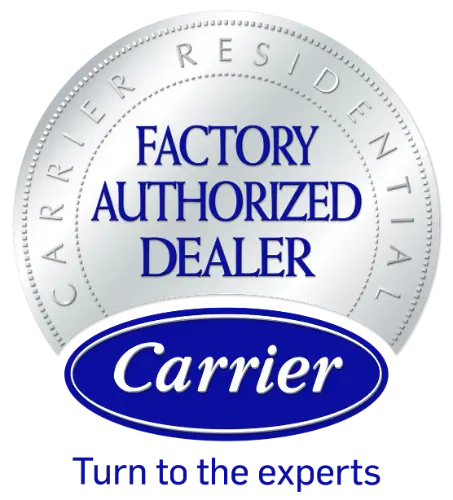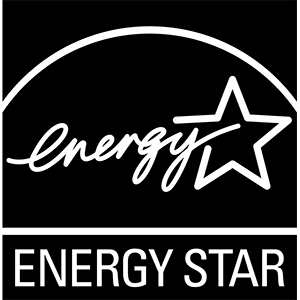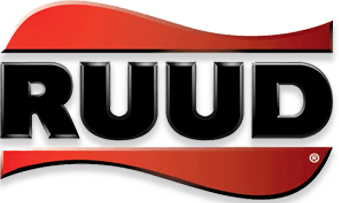
In commercial buildings, Heating, Ventilation, and Air Conditioning (HVAC) systems are essential for regulating indoor temperatures and maintaining occupant comfort. At the core of these systems is the chiller, a critical component responsible for cooling water or air throughout the facility. As businesses prioritize energy efficiency and sustainable building performance, understanding how chillers work—and how to keep them operating efficiently—has become more important than ever.
If you’re a commercial property manager or facility operator in need of expert chiller repair, maintenance, or installation, call Frank Gay Commercial today at (407) 735-5209. Our licensed technicians specialize in optimizing HVAC systems for peak performance.
What Is a Chiller System?
A chiller is a mechanical system that removes heat from a liquid, usually water, and then circulates it through equipment or air handlers to provide cooling. These systems are indispensable in various commercial and industrial settings such as hospitals, data centers, manufacturing plants, hotels, and office buildings.
During peak usage, chillers can account for over 50% of a facility’s total electricity consumption. According to the U.S. Department of Energy (DOE), chillers across North America use approximately 20% of total electric power, with many systems operating inefficiently—wasting up to 30% more energy than necessary. These inefficiencies can lead to increased utility costs and reduced equipment lifespan.
How Do Chillers Work?
Chillers operate using vapor compression or vapor absorption cycles to move heat from one area to another. The process involves the following components:
-
Evaporator: Absorbs heat from chilled water, causing the refrigerant to evaporate.
-
Compressor: Compresses refrigerant vapor, raising its temperature and pressure.
-
Condenser: Rejects heat from the refrigerant into the air or water, turning the vapor back into a liquid.
-
Expansion Valve: Drops the refrigerant pressure, preparing it to re-enter the evaporator and repeat the cycle.
This closed-loop system enables the chiller to provide continuous cooling to mission-critical environments and temperature-sensitive applications.
Types of Chillers: Air-Cooled vs. Water-Cooled
Chillers are typically categorized based on how they reject heat—either through air or water:
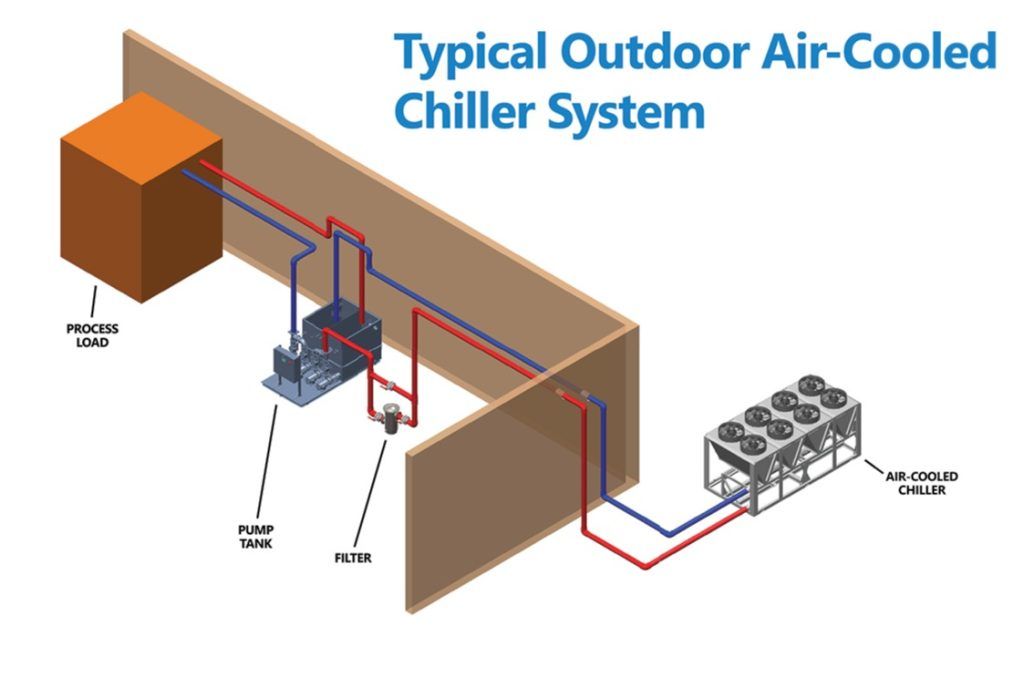
Air-Cooled Chillers
Air-cooled chillers use fans to blow ambient air over refrigerant coils, removing heat in the process. These systems are typically used in smaller to mid-sized buildings or in areas with limited access to water.
Pros:
-
Lower installation and maintenance costs
-
Ideal for locations with limited indoor space or where water is scarce
-
Easier to install and relocate
Cons:
-
Lower energy efficiency in hot climates
-
Typically installed outdoors and exposed to weather, which may reduce lifespan
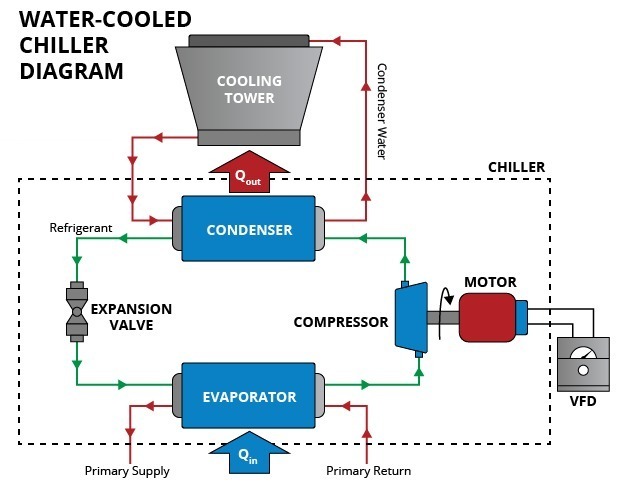
Water-Cooled Chillers
Water-cooled chillers use water from a cooling tower to condense refrigerant. These systems are best suited for large commercial buildings and industrial facilities where maximum cooling efficiency is required.
Pros:
-
Higher efficiency and lower operating costs
-
Longer lifespan due to indoor installation
-
Better performance in high ambient temperatures
Cons:
-
Higher upfront cost
-
Requires water treatment and cooling tower maintenance
Improving Chiller System Efficiency
Given their impact on energy consumption, optimizing chiller system efficiency is a smart investment for any commercial facility. Here’s how to maximize performance:
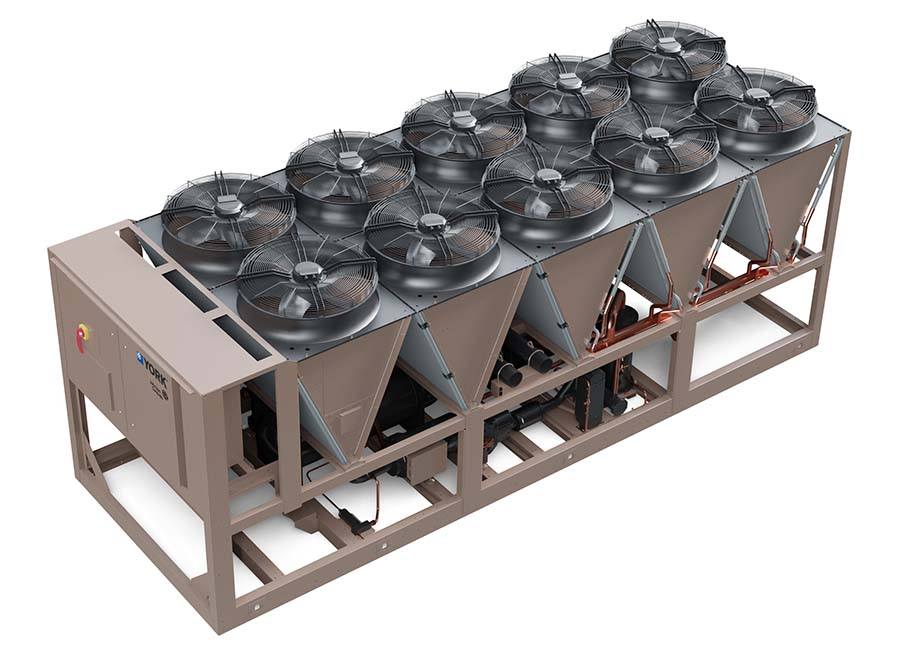
1. Preventive and Routine Maintenance
Regular maintenance helps reduce energy waste and prevent breakdowns:
-
Clean condenser coils: Dirty coils limit heat transfer and increase energy use.
-
Monitor refrigerant charge: Incorrect levels can reduce system efficiency by up to 10%.
-
Maintain water quality: Scaling and sediment in water loops can disrupt flow and reduce performance.
At Frank Gay Commercial, our technicians perform comprehensive chiller inspections and servicing to keep your system running at peak efficiency year-round.
2. Predictive Maintenance with AI & IoT
Today’s smart chiller systems use Artificial Intelligence (AI) and the Internet of Things (IoT) to monitor performance in real time and detect potential issues before they lead to failure.
-
AI-powered diagnostics: Predict when components are likely to fail, allowing proactive repairs.
-
IoT sensors: Provide real-time data on temperatures, flow rates, and power usage, giving operators deeper insights than manual inspections.
This approach minimizes downtime, extends equipment life, and reduces emergency repair costs.
3. Holistic System Optimization
Chillers don’t operate in isolation—they’re part of a larger HVAC ecosystem. To optimize performance, consider:
-
Chiller sequencing: Ensures chillers run efficiently based on building load.
-
Cooling tower management: Maintains proper water temperature and flow.
-
Energy monitoring: Track kW/ton metrics to identify inefficiencies.
-
Setpoint optimization: Adjust chilled water temperatures to balance energy use and comfort.
Frank Gay Commercial uses industry-leading tools and controls to fine-tune your chiller system for maximum energy savings.
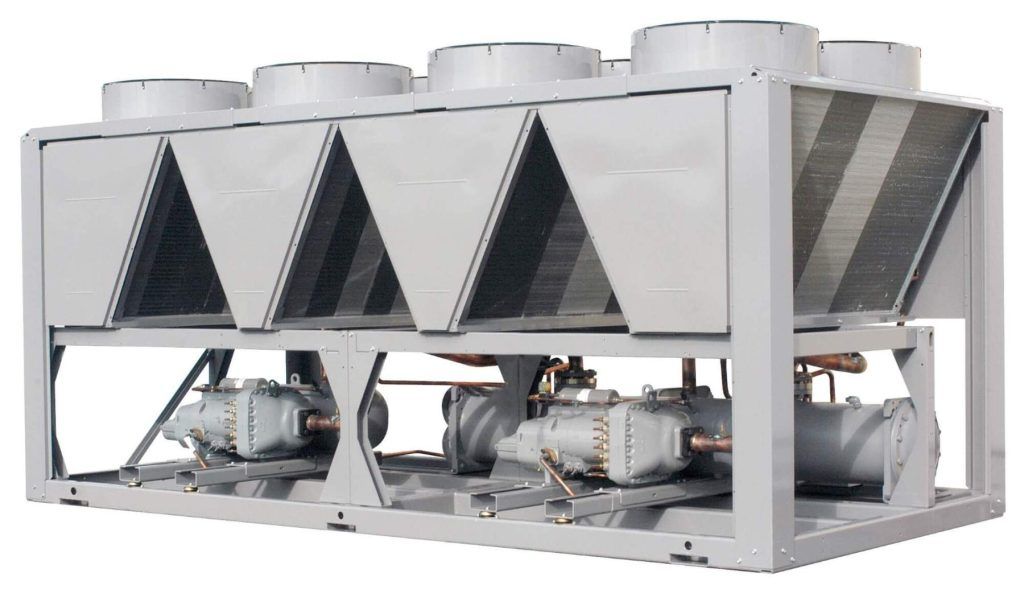
Key Metrics for Monitoring
-
kW/ton: Measures how much electricity is required to produce one ton of cooling
-
COP (Coefficient of Performance): A higher ratio indicates better energy efficiency
-
Chilled water ΔT: Indicates the system’s ability to extract heat efficiently
Monitoring these metrics allows you to track the health and performance of your chiller system over time.
Why Chiller Efficiency Matters
Efficient chillers can lead to:
-
Lower energy bills
-
Extended equipment lifespan
-
Reduced environmental impact
-
Improved indoor comfort
-
Fewer unplanned service calls
Especially in facilities where cooling is mission-critical, such as data centers, medical buildings, and manufacturing plants, downtime can be extremely costly. That’s why it pays to work with experienced professionals who understand the unique demands of commercial HVAC systems.
Call Frank Gay Commercial for Expert Chiller Services
Whether you need chiller installation, seasonal maintenance, or emergency repair, Frank Gay Commercial is your trusted partner for commercial HVAC solutions across Central Florida. Our certified technicians specialize in both air-cooled and water-cooled chiller systems and are trained to work on all major brands.
👉 Call us today at (407) 735-5209 to schedule a consultation or service visit. We’ll help you get the most out of your chiller investment—now and in the future.
